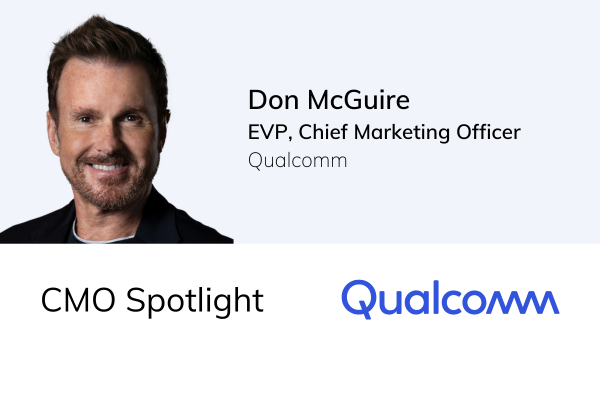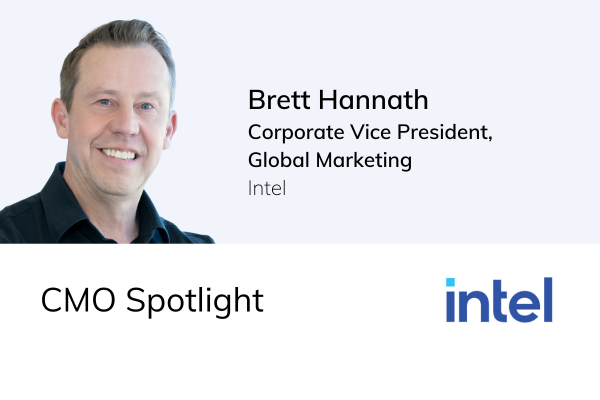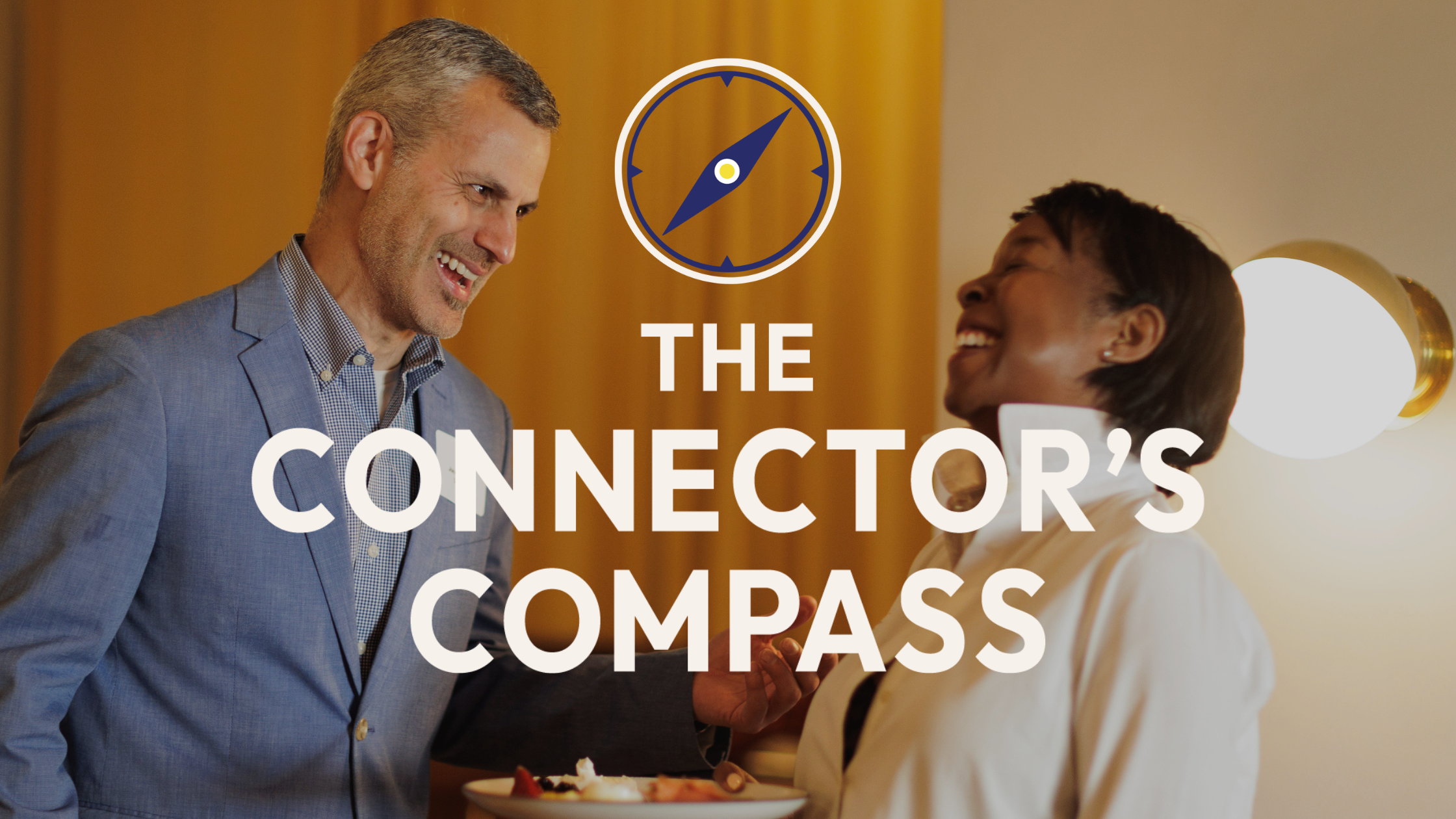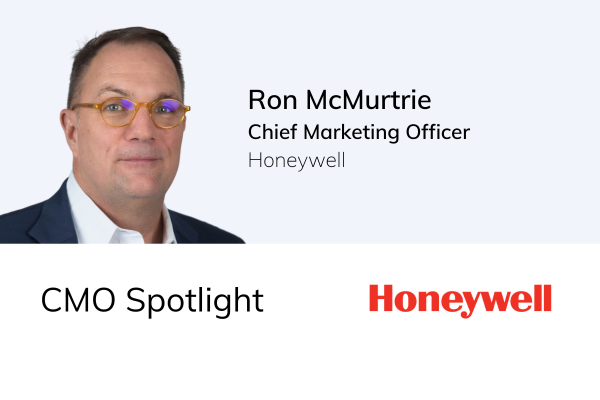5 Discussions Worth Having with Your Marketing Agency
Marketing is all about communication, which is why the often-disconnected Agency-Client relationship is so paradoxical. Without a doubt, there’s culpability on both sides of the equation, but, like most breakups, a lack of communicating needs is often the reason for an ending.
Clients can take action to prevent this kind of disconnect, and it all starts with working on improving your communication!
Here are 5 conversational guides to get on the same page in your partnership:
1 - Discuss Big Priorities With Your Agency Partners
Many Brands have trouble with marketing Agencies when it comes to goal alignment. Clients often give Agencies tasks, the Agency carries out said task, and then the Client is unsatisfied with the result. This misalignment typically stems from a lack of understanding.
To avoid this, it's crucial to have an open conversation about your big picture priorities from the outset. Establishing clear, overarching goals at the beginning of your relationship with your marketing Agency can significantly impact their approach and execution.
For instance, if a Brand communicates to their Agency that their priority is customer experience, the Agency can strategically map out their campaign and focuses accordingly. If the Agency knows from the beginning that the goal is customer experience, their day-to-day tasks will have more context and ultimately, enable them to take a strategic approach to address the overarching goals.
By discussing and agreeing on these big picture priorities early on, you ensure that every task, campaign, and initiative is purposefully directed towards achieving your main objectives, leading to more cohesive and satisfying outcomes.
Before hiring a marketing Agency, ask yourself the following questions:
What is my primary motivation to hire this Agency?
How will hiring this Agency help my organization? How will it hurt?
What is my biggest deterrent to hire this Agency? Does my reasoning justify not having help from the Agency?
Will hiring this Agency get me closer to or further away from my marketing vision for the company?
Will hiring this Agency reinforce my brand/company’s positioning, or diminish it?
Will this Agency’s support resonate positively or negatively with my team?
Will management (CEO, SVP, GM, etc.) be supportive of this new Agency relationship? (This one is important, as your leadership team can be your biggest advocates or your worst enemies when it comes to marketing Agency selection.)
By preemptively addressing these questions, you can have a clearer picture of what to expect from your organization and the Agency to ensure that their strengths align with your needs. This proactive approach sets realistic expectations and fosters a more productive and collaborative relationship.
2 - Clarify Agency Resources + Assignments
Every marketing Agency wants to win a pitch—that’s no secret. To impress potential Clients, Agencies will often showcase their “A-team” during the pitch process, highlighting their top talent and extensive capabilities. However, once the contract is signed, the actual work is frequently handed off to more junior team members. From the Client's perspective, this feels like a bait and switch—an experience that is not only misleading, but also detrimental to building a trustworthy, long-term partnership.
Agencies must understand that such behavior undermines the foundation of a collaborative relationship built on trust and transparency. Being transparent from the very beginning sets the relationship up for success. Clients need to be confident that the expertise promised during the pitch will be consistently applied throughout the project.
For marketing leaders on the Client side, it’s crucial to initiate open communication about which resources and team members will be dedicated to their account. Start by asking direct and productive questions about who will manage the relationship and who will be executing the work. Ensure clarity on the roles and responsibilities of each team member involved in your project.
By having these conversations early, Clients can set clear expectations and hold Agencies accountable, ensuring that the promised expertise is delivered consistently.
Related: The Evolving Pitch Process - Why Brands Should Approach Agency Selection Differently
3 - Define Agency Capabilities, Strengths + Limits Upfront
Marketing Agencies are notorious for biting off more than they can chew. In other words, if a Client asks the Agency to take on a project in which they have little or no experience, they will often accept in an effort to expand their skill set and grow their staff. Because they are sometimes not true experts, this can lead to unexpected and potentially unpleasant results.
As a marketing leader, it is crucial to define Agency capabilities, strengths, and limits upfront to ensure the Agency is providing the Client with the best work possible. Clarity helps prevent the Agency from taking on projects outside of their expertise. You can either communicate with the Agency about these attributes, or evaluate them using an Agency Scorecard.
4 - Have An Open Discussion About Costs
Brands shouldn’t allow marketing Agencies to deliver services as a “loss leader.” If a project has an unusually cheap price tag, it is usually sold in anticipation of making up the difference in profit with the next scope of work. Conversely, it is not easy for Agencies to recover from undercharging. When this happens, they typically overcharge on the next project, or continue to undercharge and deliver subpar work.
As a marketing leader, it is crucial to have an open and transparent dialogue about costs and appropriate margins with your marketing Agency. This transparency helps to avoid future issues related to pricing and ensures that the Agency can deliver high-quality work consistently. Having these conversations early can feel uncomfortable, but it significantly pays off in the longevity and health of the Agency-Client relationship.
To establish a reasonable starting point for a project and ensure cost efficiency, ask questions about how the ideas presented by the Agency can scale up and down from a cost standpoint. Some questions Client-side marketing leaders may want to explore include:
How will the Agency handle revisions/changes?
What tasks are included in fees, and which require change orders?
By discussing these aspects upfront, Client-side marketers can set clear expectations and avoid misunderstandings related to project costs. This proactive approach helps in building a trusting relationship where both parties feel fairly compensated and committed to the project's success.
You won’t be able to read each other’s minds. Transparency and communication is the best solution to getting on the same page. Our Marketing Relationship Survey aims to bridge that gap to gain a full understanding of what each party is thinking. Here are also some conversations we had with both Agencies and Brands about the Agency-Client relationship:
5 Things Agencies Wish Clients Knew + 5 Things Clients Wish Agencies Knew
The Complete Guide to Finding a Marketing Agency
This guide teaches client-side marketers to how to plan, select, and onboard marketing agencies to get the most value from the partnership in the long run.
Click here to download the free, interactive PDF.
5 - Convey the Internal Dynamics of Your Company
Many Client-side marketers fail to convey the internal “politics” within their company that may impact Agency work. Marketing is often on the chopping block when budgeting comes around, which is why marketers need to be advocates to the C-Suite. Proving value may require expert Agency support, so Agencies may need to step up to support. Conversely, many marketing Agencies fail to ask about these dynamics. It is crucial for CMOs to communicate their brand’s internal politics, correct communication channels, and the context of the primary Client and the Agency’s role within the larger picture of the company.
Related: 5 Ways to Prove Marketing’s Value to the C-Suite
Understanding these internal dynamics helps the Agency navigate potential challenges and red tape, and align their strategies with the company's internal processes so that the Agency can be most effective.
For CMOs, providing a comprehensive overview of the company’s internal structure, decision-making processes, and key stakeholders is essential. This includes detailing who needs to approve what, the preferred communication styles, and any internal conflicts that might affect the project. By sharing this information, you enable the Agency to tailor their approach to fit seamlessly within your company’s framework, fostering a more collaborative and productive relationship.
If you’re having trouble finding a reputable marketing agency, we can help. Setup ignites meaningful connections between marketers and thoroughly-vetted Agencies. Contact us for introductions. To receive content updates from Setup, subscribe below!































Setup CEO + Founder, Joe Koufman, sat down with Gabie Boko, the Chief Marketing Officer for NetApp, to talk about staying consumer focused, being bold, and loving the LEGO brand.